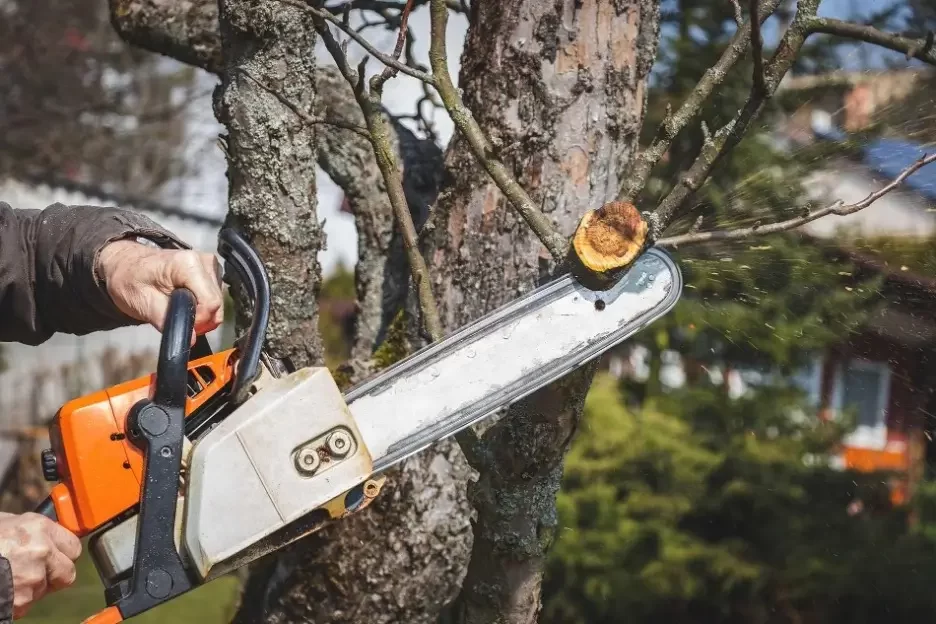In today’s ever-evolving world, the realm of tree care has not been left behind. As technology continues to advance, so do the methods and tools used in tree lopping. Understanding the evolution of tree care is crucial in appreciating the importance of innovation in this field.
Introduction: Understanding the Evolution of Tree Care
Trees play a vital role in our ecosystem, providing oxygen, absorbing carbon dioxide, and beautifying our surroundings. With such significance, it’s essential to ensure proper care and maintenance. Over time, tree care practices have evolved from traditional methods to embracing cutting-edge technologies to achieve better results.
The Art of Tree Lopping
What is Tree Lopping?
Tree lopping is the process of selectively removing branches or limbs from trees to improve their health, aesthetics, or safety. It’s a delicate art that requires skill and precision to avoid causing harm to the tree.
Traditional Methods vs. Modern Approaches
Traditionally, tree lopping involved manual labour and basic tools such as handsaws and axes. While these methods were effective to some extent, they often lacked precision and efficiency. In contrast, modern approaches utilize advanced equipment such as chainsaws, hydraulic lifts, and cranes, enabling professionals to perform tasks with greater accuracy and speed.
Challenges in Conventional Tree Lopping
Conventional tree lopping methods posed various challenges, including safety risks for workers, damage to surrounding property, and limited access to hard-to-reach areas. These limitations highlighted the need for innovation in tree care practices.
Revolutionizing Tree Lopping with Technology
Introduction to Innovative Tree Lopping Technologies
Recent years have witnessed a surge in innovative technologies revolutionizing the tree care industry. From high-powered chainsaws with precision cutting capabilities to sophisticated aerial drones for tree inspections, technology has significantly transformed the way tree lopping is approached.
Advantages of Modern Tree Lopping Equipment
Modern tree lopping equipment offers numerous advantages, including increased efficiency, reduced labor costs, and enhanced safety for both workers and property. Hydraulic lifts and cranes allow access to tall trees without endangering workers, while advanced cutting tools ensure precise and clean cuts, promoting tree health and longevity.
How Technology Enhances Safety and Efficiency
Technology plays a pivotal role in enhancing safety and efficiency in tree lopping operations. Remote-controlled machinery and aerial drones enable professionals to assess tree health and identify potential hazards from a safe distance. Real-time data analysis and predictive modeling further optimize decision-making, ensuring timely interventions to prevent accidents and minimize disruptions.
Section 3: Emerging Trends and Future Prospects
Sustainable Practices in Tree Care
As environmental consciousness grows, there’s a growing emphasis on adopting sustainable practices in tree care. This includes using eco-friendly materials, implementing tree preservation techniques, and promoting biodiversity in urban areas.
Integration of AI and Robotics in Tree Management
The integration of artificial intelligence (AI) and robotics is poised to revolutionize tree management processes. AI algorithms can analysed vast amounts of data to identify patterns and predict tree growth or potential risks. Robotics, on the other hand, can automate repetitive tasks such as tree pruning or debris removal, freeing up human resources for more complex operations.
Predictions for the Future of Tree Lopping Technology
Looking ahead, the future of tree lopping technology holds immense promise. Advancements in robotics, drone technology, and AI-driven analytics are expected to further streamline tree care processes, making them more efficient, cost-effective, and environmentally sustainable.
Conclusion
In conclusion, embracing innovation is key to ensuring sustainable tree care practices. By leveraging cutting-edge technologies, we can overcome the challenges of traditional tree lopping methods and achieve better outcomes for both trees and the environment.
